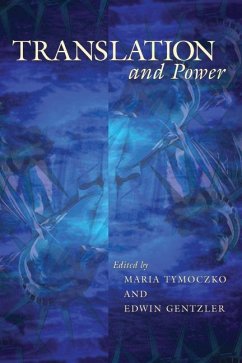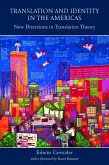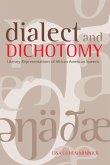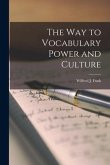The contributors to this volume see translation as an activity that takes place not in an ideal neutral site but in real social and political situations, with parties who have vested interests in the production and reception of texts across linguistic and cultural boundaries. Translation is not simply a process of faithful reproduction but invariably involves deliberate acts of selection, construction, and omission. It is inextricably linked to issues of cultural dominance, assertion, and resistance -- in short, to power. Although governments, churches, publishing firms, and other powerful institutions may influence the translation process, many translators have found ways to resist that influence and have used translation to introduce new ideas and modes of expression. Exploring the nexus of translation and power, the essays in this volume offer a wide variety of examples, across multiple languages and societies. They range from case studies of historical episodes in which translation has played a role in the assertion of political and military power, such as an 1840 treaty between the British and Maori that continues to be a source of conflict in present-day New Zealand, to analyses of the work of specific translators, such as Germaine de Stael and Gayatri Spivak. Along with examining how translation contributes to ideological negotiations and cultural struggles, the essays reveal the dimensions of power inherent in the translation process itself -- in the relationship of translator to author, source text, and translated text.
Hinweis: Dieser Artikel kann nur an eine deutsche Lieferadresse ausgeliefert werden.
Hinweis: Dieser Artikel kann nur an eine deutsche Lieferadresse ausgeliefert werden.



![French Elements in Middle English [microform]: Chapters Illustrative of the Origin and Growth of Romance Influence on the Phrasal Power of Standard En French Elements in Middle English [microform]: Chapters Illustrative of the Origin and Growth of Romance Influence on the Phrasal Power of Standard En](https://bilder.buecher.de/produkte/66/66156/66156836m.jpg)




